You have not yet added any article to your bookmarks!

Join 10k+ people to get notified about new posts, news and tips.
Do not worry we don't spam!

Post by : Anis Farhan
Throughout history, humans have gathered to celebrate — marking the change of seasons, religious milestones, harvests, victories, and even celestial events. While the music, food, and costumes vary widely, the underlying reason remains constant: the desire to connect with one another.
Festivals are not just a break from routine; they are anchors of identity. They tell us where we come from, what we value, and how we see ourselves within the larger world. Whether you are watching a dragon dance in China, lighting oil lamps during Diwali in India, or joining a lantern festival in Thailand, the act of celebrating together creates a shared emotional memory.
One of the most powerful aspects of festivals is their role in preserving culture. Even in fast-paced, globalized cities, people often cling to these traditions as a way to honor their roots. A grandmother teaching her grandchildren the steps of a traditional dance or a father passing down recipes for festive dishes is more than just sharing skills — it is an act of cultural continuity.
This shared experience forms an unspoken bond between generations. Children grow up understanding not only the rituals but the deeper meanings behind them, reinforcing a sense of belonging to something larger than themselves.
Festivals have a way of making even strangers feel connected. When you join a crowd dressed in similar colors, chanting the same songs, or moving in sync to the beat of drums, you instantly feel part of the group.
Psychologists call this collective effervescence — the sense of joy and unity that comes from shared experience. It is why people often leave festivals feeling uplifted, energized, and emotionally closer to others, even if they had never met before.
In today’s multicultural societies, festivals are also opportunities for cross-cultural learning. Cities like Singapore, Kuala Lumpur, and Bangkok host multiple festivals each year representing different ethnic and religious communities.
When people of different backgrounds join in these celebrations — perhaps tasting a dish for the first time, learning a few words of another language, or trying on traditional attire — barriers begin to dissolve. These shared experiences can build respect, empathy, and friendships across cultural divides.
Rituals give festivals structure, and structure provides comfort. The familiar sequence of events — a procession starting at dawn, the lighting of candles, a communal meal — signals stability in an unpredictable world.
For many, participating in these rituals is emotionally grounding. It reassures them that despite changes in personal life or the world at large, some traditions remain constant. This stability strengthens emotional bonds within the community, reinforcing a shared sense of security.
While festivals are emotional touchstones, they also have practical benefits. They boost local economies by attracting tourists, generating sales for local vendors, and encouraging spending on accommodation, transport, and crafts.
This economic ripple effect often fuels civic pride. Residents see their community not just as a place to live, but as a destination others want to visit. The pride that comes from showcasing one’s hometown and traditions contributes further to the feeling of belonging.
Music, dance, and food are universal languages of celebration. They transcend words, allowing people to connect through rhythm, movement, and taste.
Music: A festival’s soundtrack — whether the booming beats of a Japanese taiko drum or the soulful strains of a sitar — evokes collective emotion and memories.
Dance: Participating in a dance, even for the first time, gives a sense of inclusion. The steps become symbolic gestures of unity.
Food: Sharing special meals during festivals — dishes prepared only once a year — creates anticipation and a unique sensory memory tied to the celebration.
Technology has changed how we experience festivals. Livestreams and social media allow people to join in celebrations from anywhere in the world, connecting diaspora communities with their hometowns.
However, digital participation cannot fully replace the physical sense of community that comes from being surrounded by people, hearing the music in person, and feeling the energy of the crowd. Still, technology plays an important role in keeping traditions alive, especially for those unable to travel.
In times of hardship — after natural disasters, political unrest, or personal loss — festivals can play a vital role in emotional healing. Coming together to celebrate reminds people that they are not alone in their struggles.
In some communities, festivals have been adapted as fundraisers for disaster relief or as platforms for advocating peace. This dual purpose reinforces their role not only as a celebration but also as an act of solidarity.
As more festivals gain international attention — such as Holi, Chinese New Year, or Songkran — they also become tools for cultural diplomacy. Tourists travel across borders to experience them, and in turn, bring those experiences back home, spreading awareness and appreciation of different cultures.
This exchange further enhances the feeling of belonging on a larger scale, creating a shared global culture while still respecting local traditions.
Belonging is a basic human need, on par with safety and sustenance. It shapes our identity, influences our mental health, and affects how we relate to others. Festivals provide a tangible, recurring reminder that we are part of something bigger than ourselves.
They affirm that our traditions matter, that our community cares about our participation, and that we have a place within the collective story.
Festivals are not just about color, sound, and spectacle — they are threads weaving people into the fabric of a community. Whether it’s a small village harvest celebration or an international parade, the effect is the same: they strengthen bonds, preserve culture, and create shared joy.
In a world where individualism is often celebrated, festivals offer a powerful reminder of the value of togetherness.
This article is intended for informational and cultural purposes only. The descriptions of festivals, traditions, and cultural practices are based on general observations and publicly available information. Local customs and experiences may vary, and readers are encouraged to explore and participate in community events respectfully and in accordance with local guidelines.
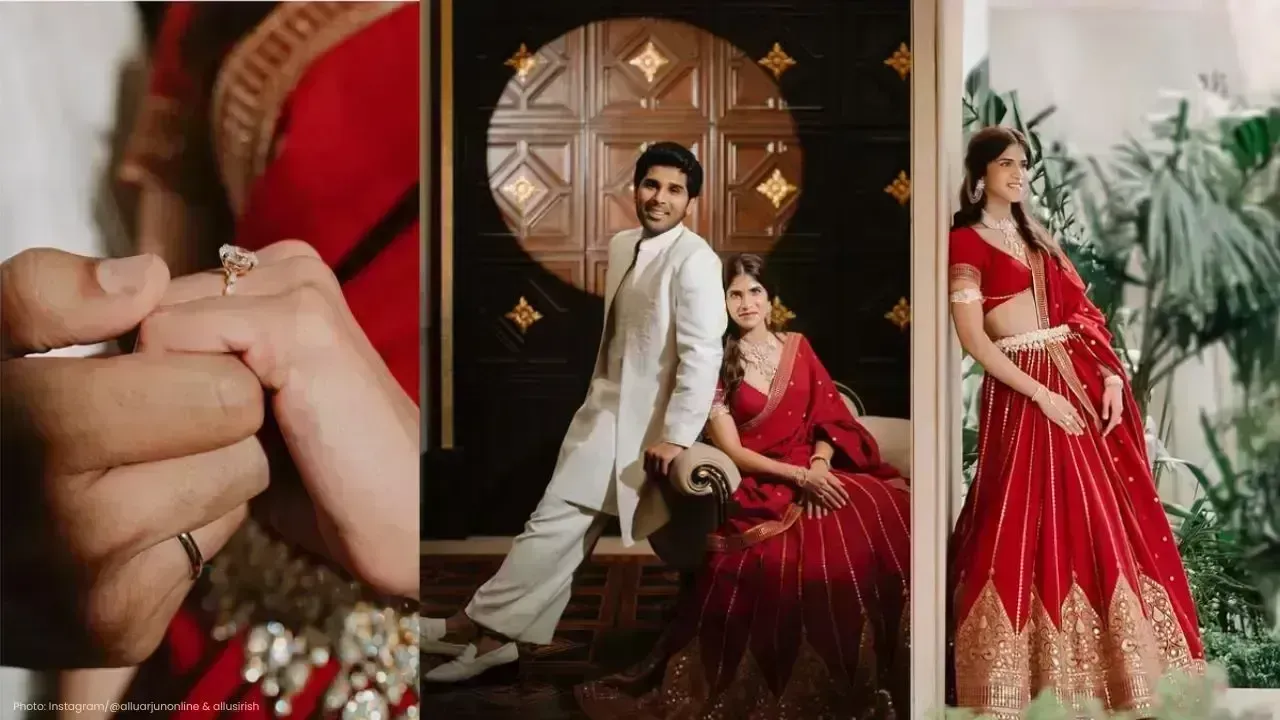
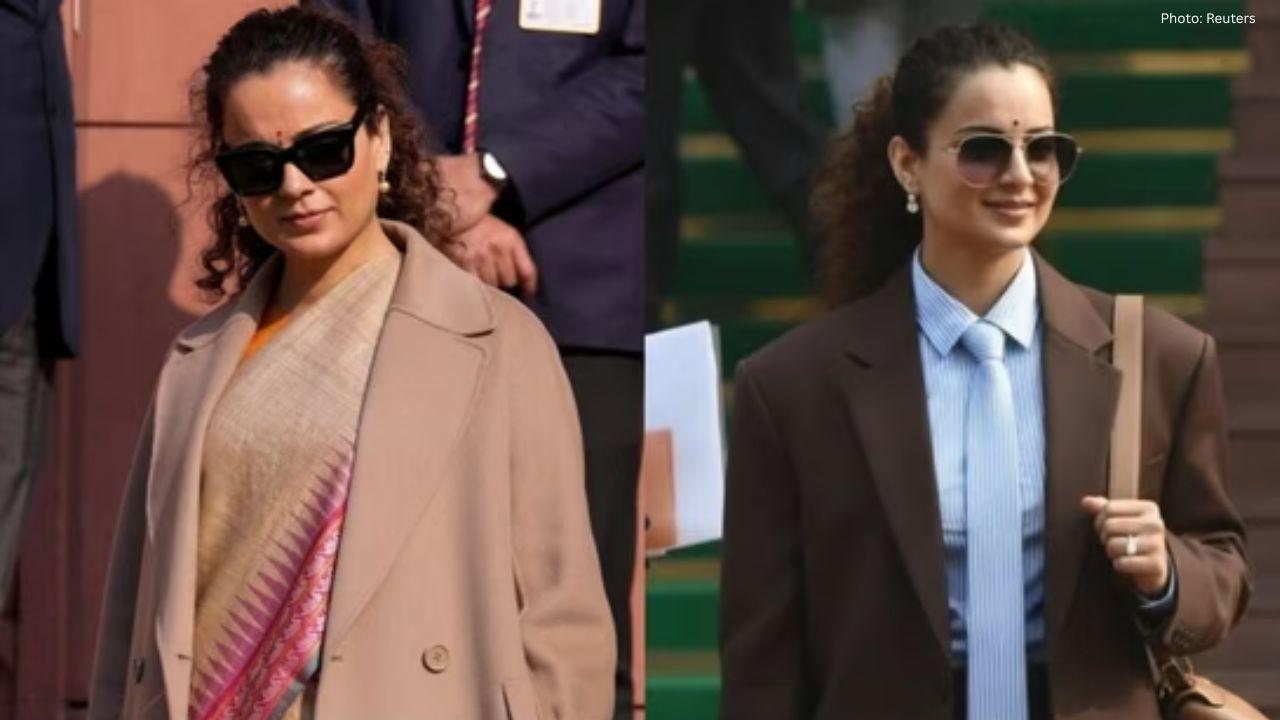
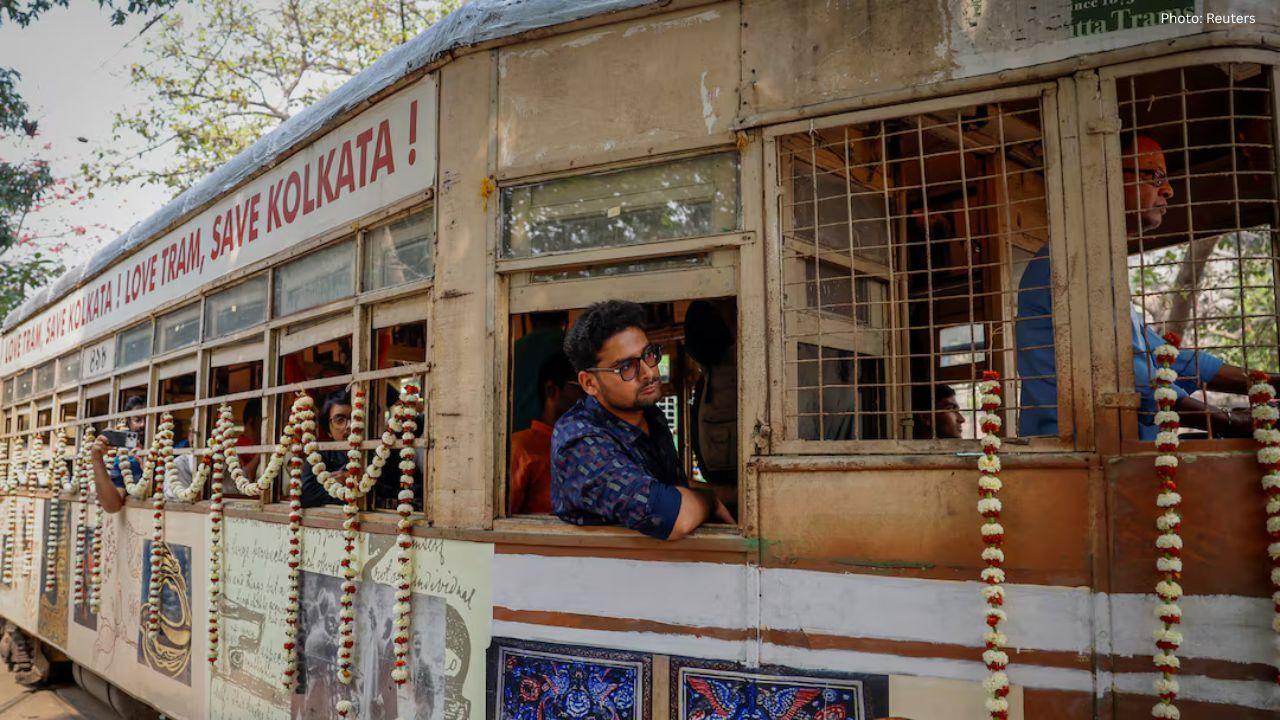

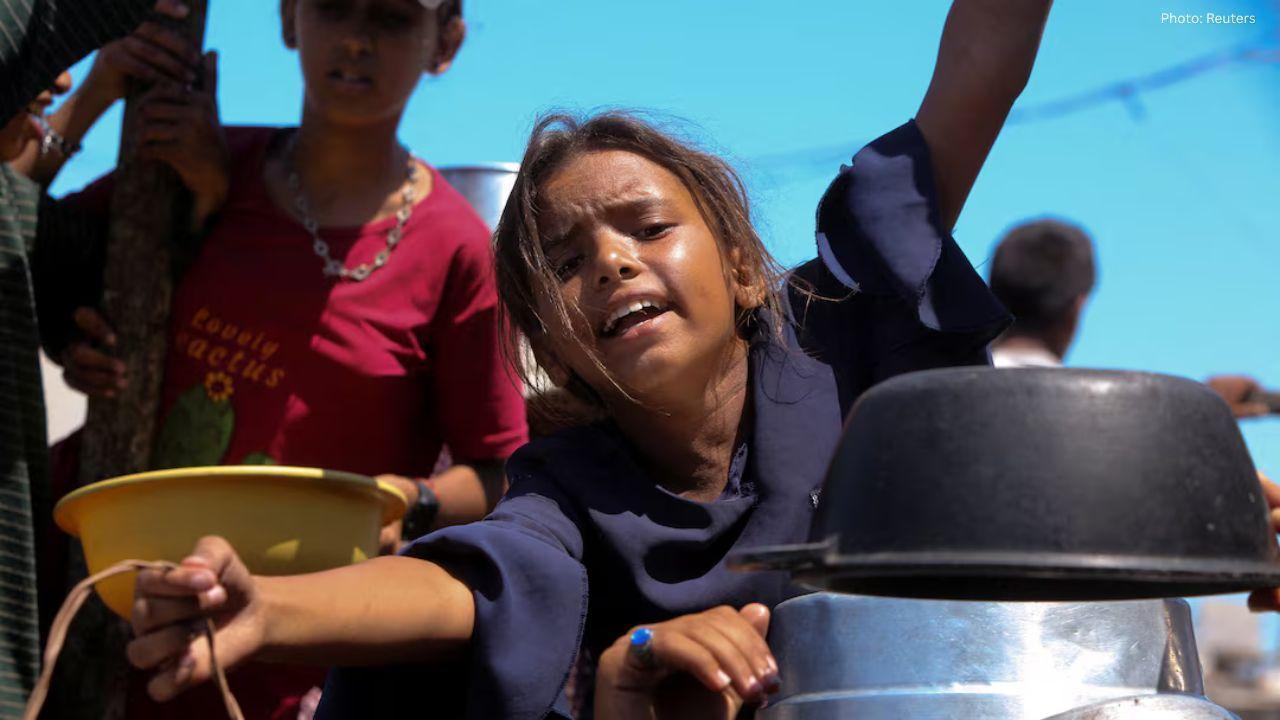
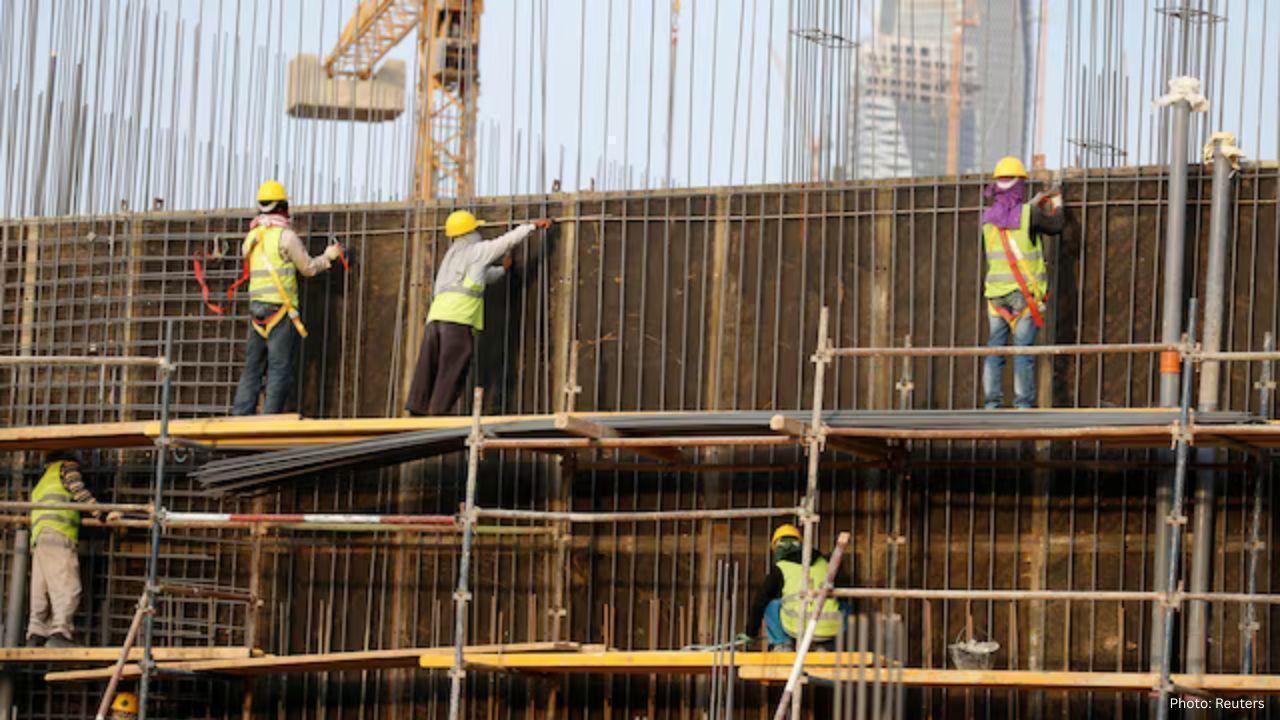


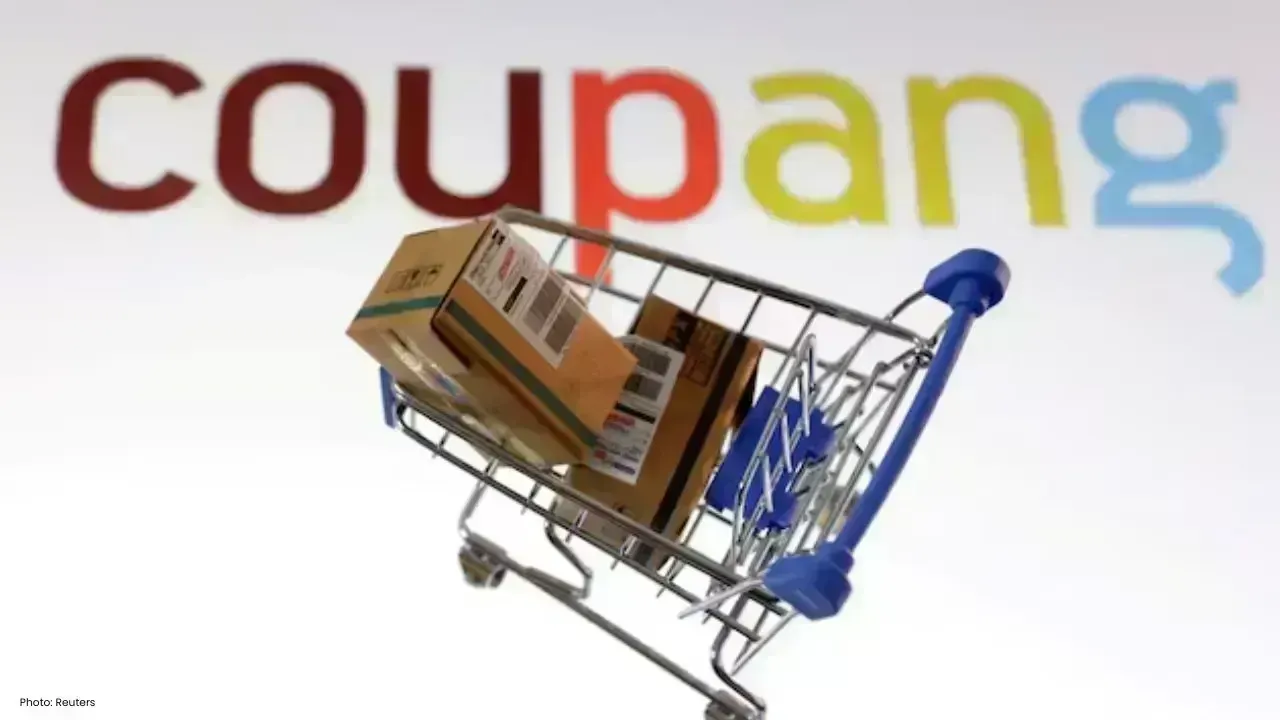

Two Telangana Women Die in California Road Accident, Families Seek Help
Two Telangana women pursuing Master's in the US died in a tragic California crash. Families urge gov

Ranveer Singh’s Dhurandhar Roars Past ₹1100 Cr Worldwide
Ranveer Singh’s Dhurandhar stays unstoppable in week four, crossing ₹1100 crore globally and overtak

Asian Stocks Surge as Dollar Dips, Silver Hits $80 Amid Rate Cut Hopes
Asian markets rally to six-week highs while silver breaks $80, driven by Federal Reserve rate cut ex

Balendra Shah Joins Rastriya Swatantra Party Ahead of Nepal Polls
Kathmandu Mayor Balendra Shah allies with Rastriya Swatantra Party, led by Rabi Lamichhane, to chall

Australia launches review of law enforcement after Bondi shooting
Australia begins an independent review of law enforcement actions and laws after the Bondi mass shoo

Akshaye Khanna exits Drishyam 3; Jaideep Ahlawat steps in fast
Producer confirms Jaideep Ahlawat replaces Akshaye Khanna in Drishyam 3 after actor’s sudden exit ov